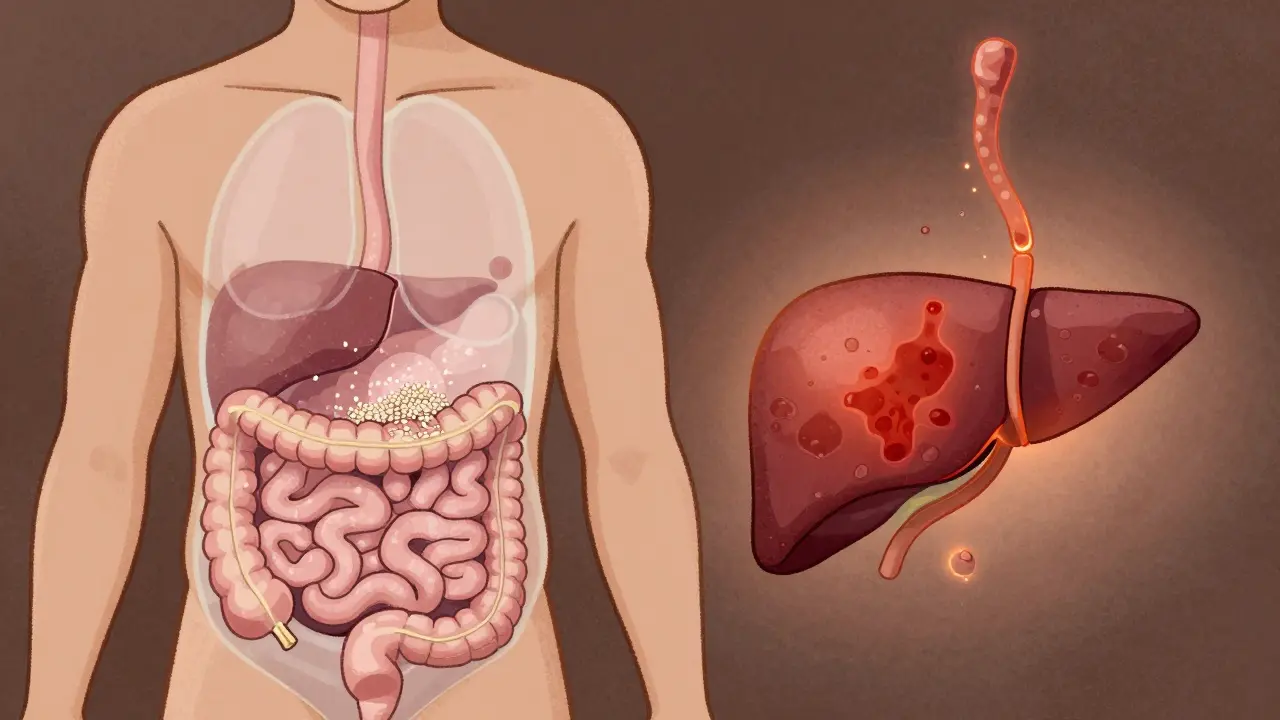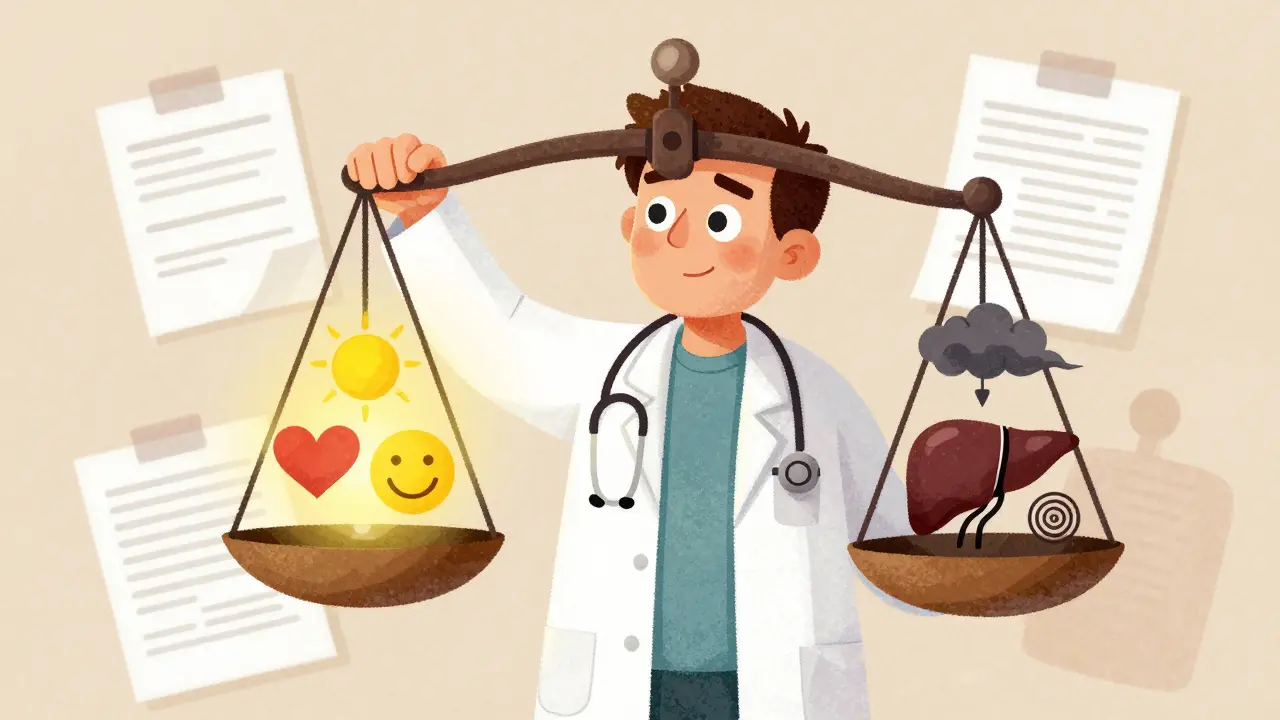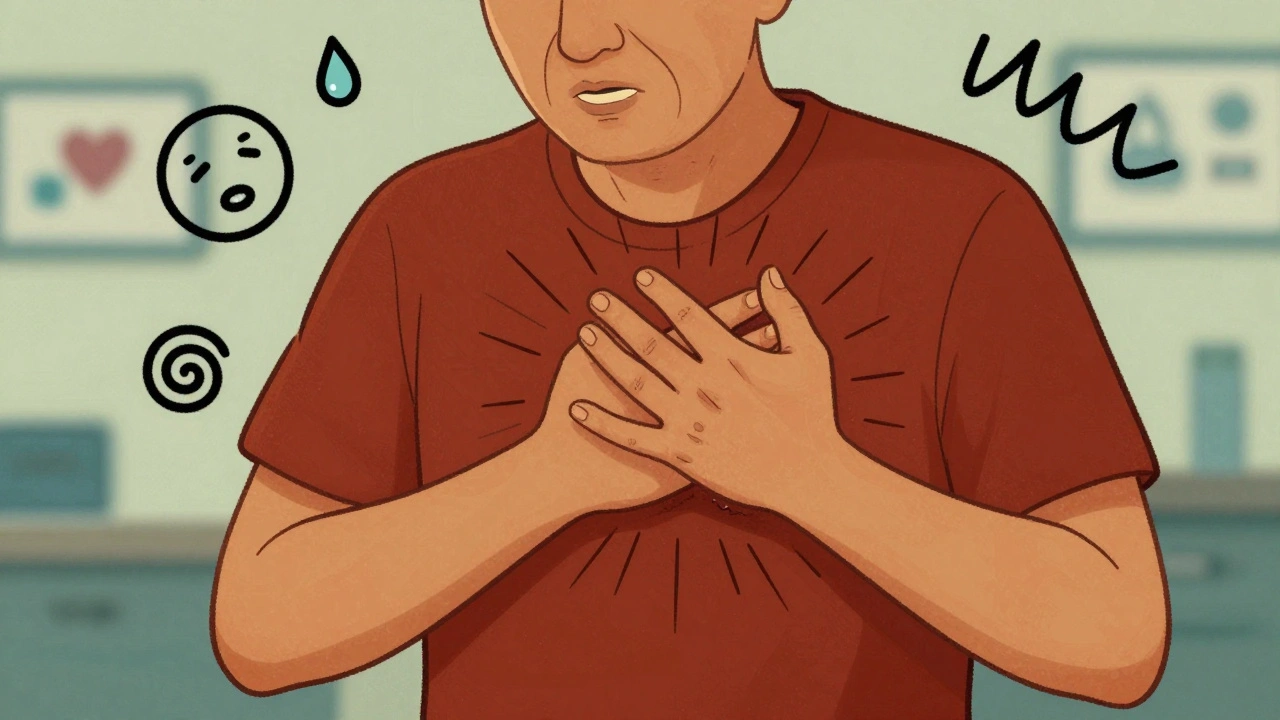CompoundingRxUSA.com: Pharmaceuticals and Medication Resources - Page 6

- 15 Comments
Celiac disease can cause liver enzyme abnormalities in up to 40% of untreated patients. The good news? Most cases reverse with a strict gluten-free diet. Learn how the two are linked and what to do next.

- 13 Comments
Learn the critical difference between serious and non-serious adverse events in clinical trials, when each must be reported, and how misclassification impacts patient safety and regulatory efficiency.

- 10 Comments
Learn how to build a safe, childproof OTC medicine cabinet that prevents accidental poisoning, teen misuse, and expired drug risks. Step-by-step guide with storage tips, disposal methods, and emergency protocols.

- 11 Comments
Calibration and validation are essential for manufacturing quality, especially in medical devices. Learn how to meet ISO 13485, FDA, and CLIA requirements, set proper intervals, avoid common mistakes, and prepare for 2026 electronic record mandates.

- 13 Comments
Wilson’s disease is a rare genetic disorder causing toxic copper buildup in the liver and brain. With early diagnosis and lifelong chelation therapy, patients can live normally. Learn how copper accumulates, how treatments work, and why adherence saves lives.

- 10 Comments
Healthcare providers weigh medication risks versus benefits to ensure treatments do more good than harm. This process, guided by FDA frameworks, considers disease severity, alternatives, patient values, and real-world data to make personalized prescribing decisions.

- 14 Comments
Remote microphone systems boost speech clarity in noisy environments for people with hearing loss, offering up to 61% better understanding than hearing aids alone. Learn how they work, which models are best, and why cost remains a barrier.

- 14 Comments
Chest pain can signal a heart attack-but not always. Learn the warning signs that demand an emergency room visit, what happens in the ER, and when it’s safe to wait. Your heart might thank you.

- 10 Comments
U.S. generic drug prices are lower than in most other countries, but brand-name drugs cost far more. Discover why this gap exists and how it affects your prescription costs.

- 10 Comments
Learn which medications are safe to take during pregnancy for common issues like allergies, nausea, pain, and heartburn. Get clear, evidence-based guidance from trusted medical sources.
